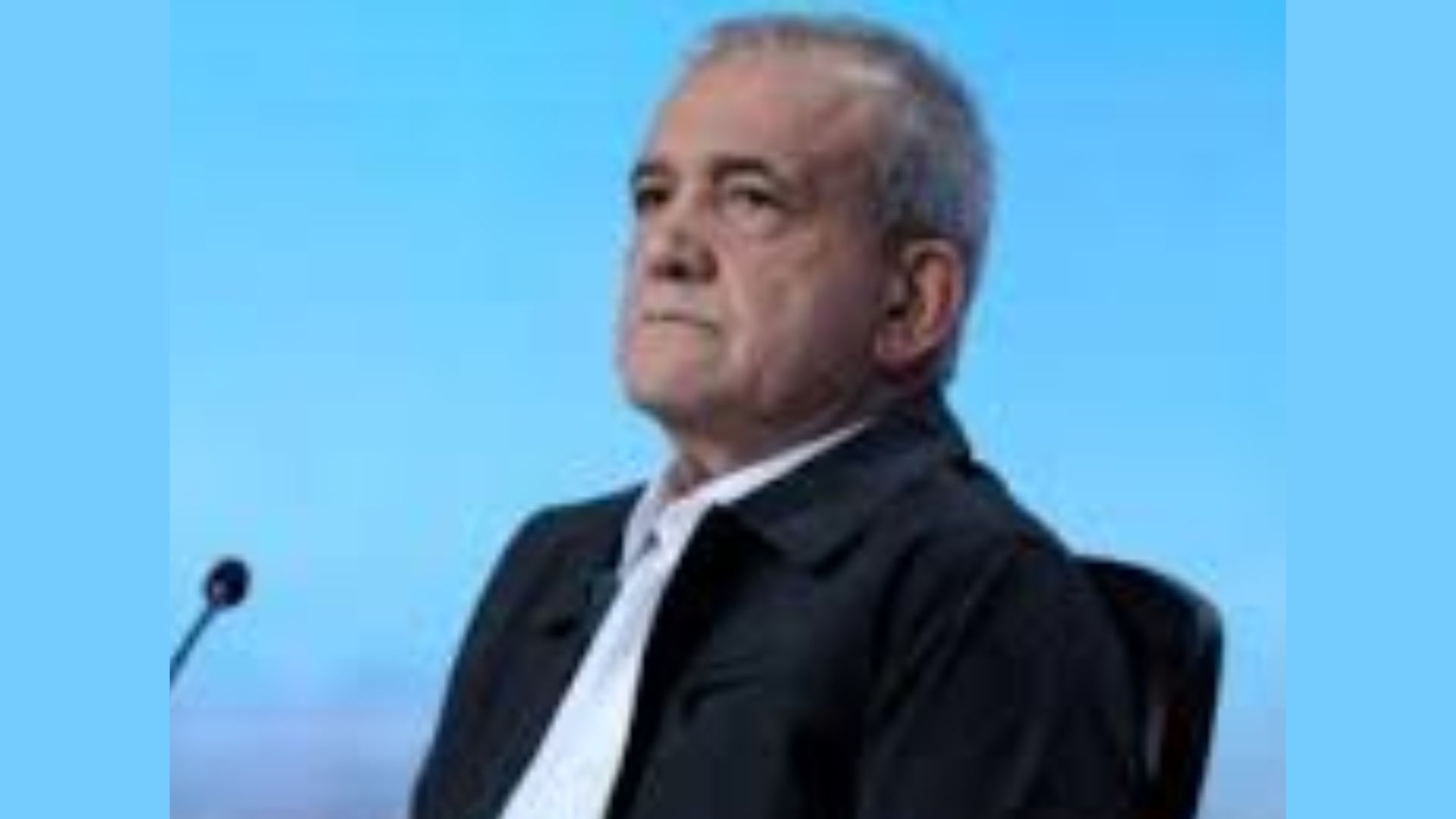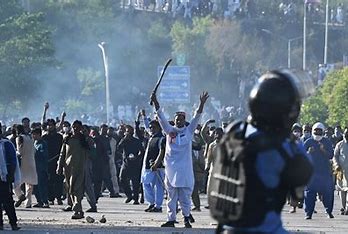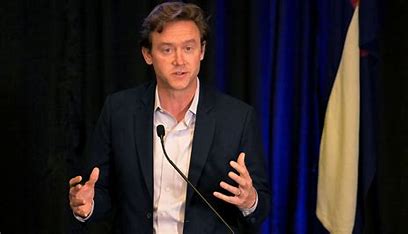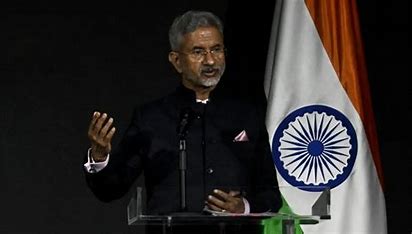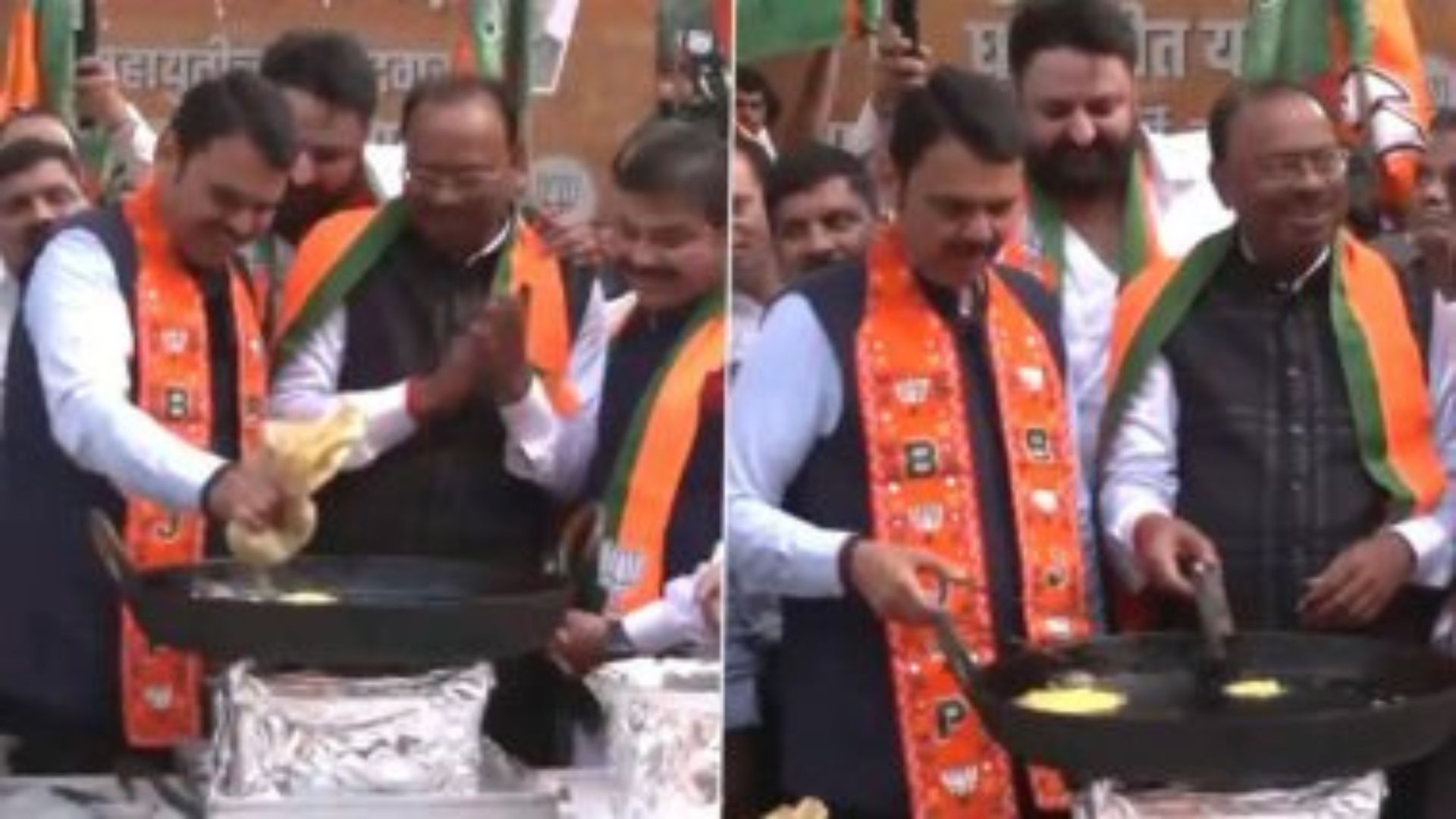Pezeshkian faces the daunting task of winning over a populace disillusioned by economic hardships and harsh crackdowns on dissent. He has pledged to address public grievances, including high prices and strict enforcement of the hijab law, acknowledging widespread discontent with the government’s policies.
Born in 1954 in Mahabad, Pezeshkian, who speaks Azeri, has long advocated for Iran’s minority ethnic groups. A trained heart surgeon, he entered politics and served as a deputy health minister and later health minister under President Mohammad Khatami. His career has been marked by independence, navigating between reformist and moderate factions.
Pezeshkian’s personal life has been marked by tragedy since a car accident claimed his wife and daughter in 1994. Despite this, he remained dedicated to public service, supporting causes ranging from healthcare reform to human rights advocacy.
Throughout his campaign, Pezeshkian has called for improved relations with the West and a return to the nuclear deal abandoned by former President Donald Trump in 2018. He has also expressed respect for Iran’s paramilitary Revolutionary Guard while advocating for national sovereignty in the face of external pressures.
Looking ahead, Pezeshkian acknowledges the challenges posed by his victory amidst voter apathy and ongoing regional tensions. He remains focused on steering Iran towards a path of internal reform and international engagement, balancing aspirations for change with the realities of governing within Iran’s complex political landscape
